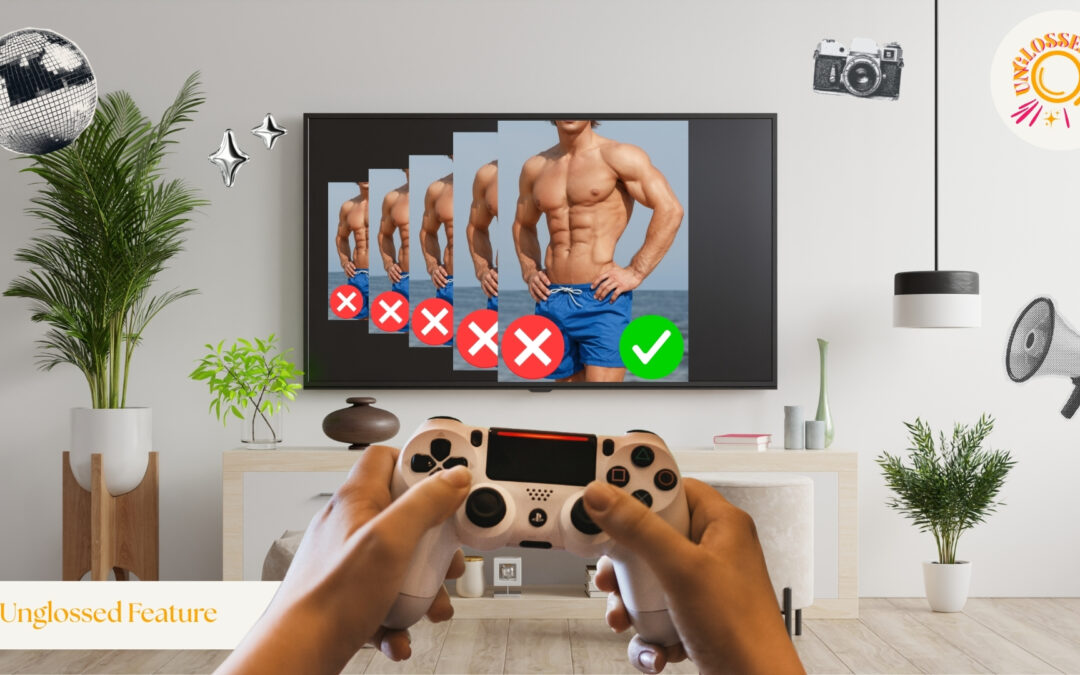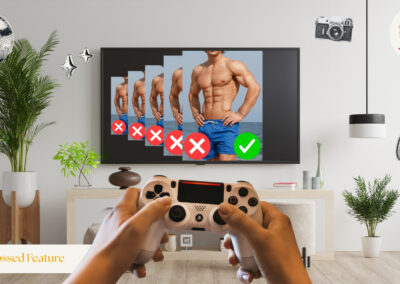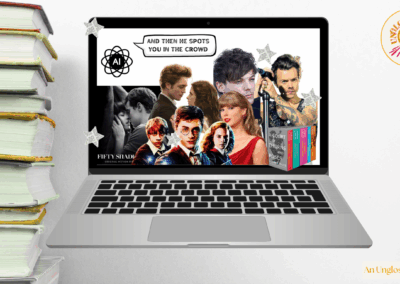How many artists do you listen to? How many of them are women? How many of those women are over the age of 35? If you’re struggling to think of many, if any, then you’re not alone. And it’s not because older female music artists don’t exist, it’s because the music industry stops supporting them, or doesn’t start in the first place.
The industry has always been obsessed with youth, and for women, their clocks run out faster than it does for male musicians. Men continue to appear on the radio, charts and festival line ups well into their forties and fifties, think Paul McCartney and Jay Z, whilst female artists tend to be quietly pushed onto the sidelines once they hit their mid-thirties or thereabouts. This double standard is so well-embedded that we barely even notice it, but it shapes the voices we get to hear.
It’s not because of a lack of talent or ability. In fact, a lot of female musicians might release their best, most confident work later in their lives but lower marketing budgets and fewer radio plays are given to them. In a fiercely competitive industry, this lack of support can really be the difference between making and breaking a career.

Vick Bain is a music consultant, former CEO of the Ivors Academy, and has extensively researched gender inequality within music. She can see how rife ageism is for women in the industry, “The music industry really rewards or supports young women, so there’s a lot of ageism. If we look at the data and statistics of how old musicians are, men are allowed to continue careers through their 40s, 50s and beyond, whereas women disappear before they’re 30. There’s a real pressure on female musicians to be young. There’s something called the beauty bar, which is this level of physical perfection that women are generally held to. But with musicians, it’s even more so. Most of our pop stars who have had huge success could definitely be catwalk models if they hadn’t started out as models. Or if they have body types which don’t fit that very, very skinny beautiful model look when they start their careers, as they go through their careers they certainly do end up like that. Thinking about somebody like Adele who, as the years have gone on, has become much more the stereotypical body shape. So there’s an awful lot of pressure for women.”
One example that stands out to Vick is Madonna, “Women have a much narrower age range where they can perform and excel at or they are derided. Look at the hate that’s directed towards Madonna, the only woman of her age who’s still really touring stadiums around the world and having to keep in shape. There’s a difference between how she’s presenting her physical appearance to the Rolling Stones, who are just allowed to age. There’s just this incredible double standard which is so hyper visible in music.” Artists like P!nk or Beyonce, whilst still extremely popular, face different expectations as they age compared to their male counterparts.
This ageism affects emerging artists too, there’s huge pressure on them to ‘make it’ whilst they are still young. Labels are more hesitant to sign an older woman than a young one, regardless of talent. It is a pipeline problem that starts early and only gets worse. When those women do succeed, it is often seen as an exception and not the rule. Men have the freedom to ‘make it’ at later ages, think of artists like Rag’n’Bone Man or Teddy Swims.
Whilst it’s clear that we need systematic change to see differences start to take place, it is also down to us as the listeners and consumers of music to create change. Vick says “have a look at your music collection or your listening habits and think am I listening to women? Am I supporting women artists and musicians? Am I going to their shows? Am I joining their mailing lists? I think if all music fans can educate themselves a bit more and open their ears to female talent out there, then that will create demand and change in the industry as well. All of the industry needs to be signing and investing in more and more female talent, having people working in the labels who know how to support female artists and not drop women from their rosters as soon as they get a day over 25.”
We need to support these women because good music never expires, and the artists shouldn’t either.
Links to Vick’s website and the F-List can be found here.











